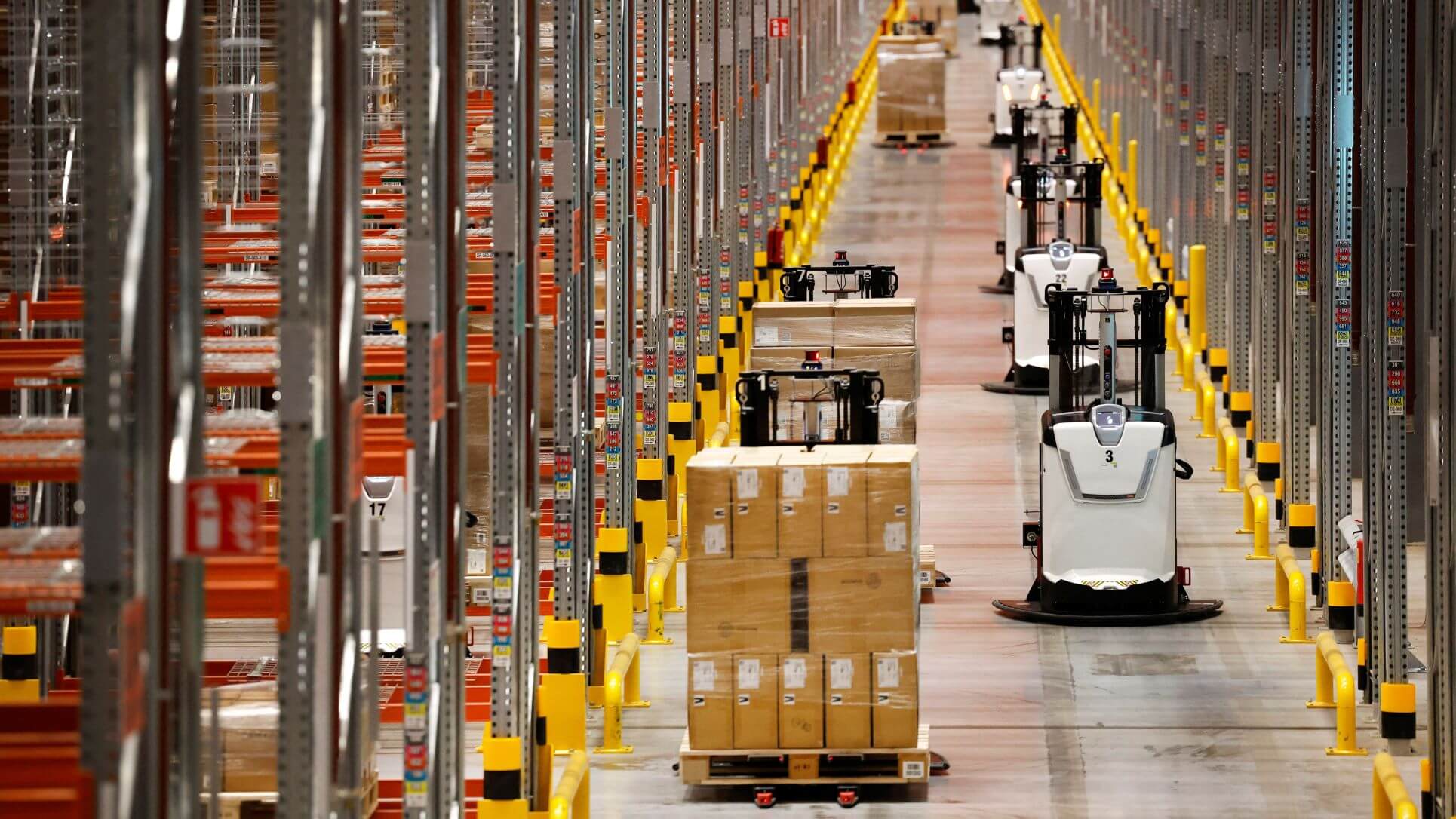Nautomation? The Unintended Consequences Of Delaying Technology Investments
In an era of increasing employee apathy, process automation is no longer a ‘nice-to-have’.

Today’s workplace is constantly evolving. With the rapid infusion of technology, the shifting expectations of the multi-generational workforce and ongoing hybrid working debate, optimising the employee experience is increasingly complex.
Where previously a competitive salary and company perks topped the list, our recent research revealed employees are increasingly pointing to automation technologies – such as workflow management or digital archiving - as a key ingredient for a fulfilled employee experience.
In fact, when asked about what would improve their fulfilment, a quarter of employees cited having the right technology to free up their time for more rewarding work.
A further 21% said having better software technology, such as automation solutions, would make them less likely to consider leaving their current role in the next 12 months.
Ultimately, as businesses adapt their working environments to employee needs, they can’t ignore the growing demand for process technologies. If they do, they risk losing their best talent.
Clear appetite for process automation
Employees are becoming increasingly vocal in their desire to deploy automation technologies to abolish mundane and repetitive tasks. Such demands stem from a collective aspiration to free up time for more meaningful work that aligns with their personal goals and professional growth.
While business leaders are fully aware of employee appetite for automation, the pace of implementing such technologies remains slower than it should. In fact, almost a third (32%) of employees say they still don’t have access to process automation technologies, despite actively wanting them.
This gap is not just an IT issue; it’s a missed opportunity to empower staff to work smarter, not harder. When employees are trapped in a cycle of routine tasks, they can become easily disengaged, making it easier for competitors to attract them with more fulfilling work environments.
What’s more, a preoccupation with the mundane stifles employee’s potential for creativity and innovation, further undermining business growth.
Business leaders dragging their heels
Despite the clear benefits, successfully implementing process automation is often easier said than done.
Many organisations have built up a tangled web of manual and semi-automated processes over the years, resulting in a complex web of workflows. Untangling these processes to introduce new automation technologies can feel like trying to rebuild an aircraft while it’s in flight.
It’s therefore no surprise that almost a third (30%) of decision-makers say they need better guidance on how to integrate automation solutions without disrupting existing processes. For many, the fear of a botched implementation that could lead to downtime or operational issues looms large, making them hesitant to act.
But the reality is that delaying these investments will only hinder efforts to improve productivity and prompt employees to seek pastures new.
Overcoming nervousness to deliver business impact
Whilst their hesitancy is understandable, business leaders must find a path to deploy process automation technologies.
Crucially, any automation strategy should be tailored to address specific needs, ensuring that solutions are aligned with actual business requirements and not just a generic fix. Moreover, any automation strategy should involve employees and key stakeholders right from the start. Gathering their input helps alleviate fears and provides a sense of ownership over the changes.
Rather than rolling out a full-scale transformation in one go, businesses should begin by automating smaller, more manageable processes. Testing these in pilot phases can help build confidence, showcase tangible benefits, and smooth out any unforeseen issues before broader implementation.
Working with an experienced digital partner like Ricoh can help navigate the technical complexities to ensure that the transition is smooth, maintaining business continuity while empowering employees to perform at their best.
Embracing automation for a fulfilled workforce
In an era of increasing employee apathy, process automation is no longer a ‘nice-to-have’; it’s a necessity for organisations that want to retain the best talent and gain a competitive advantage.
Process automation technology has the power to transform tedious routines into opportunities for creativity and growth, enabling employees to feel more fulfilled and motivated in their roles.
Ultimately, business decision-makers need to overcome their fear of the unknown. By ensuring they have the right team and digital partner in place, organisations can confidently implement process automation technologies that support their employees and the wider business.
Jason Spry, Portfolio Lead for Process Automation at Ricoh Europe
Thanks for signing up to Minutehack alerts.
Brilliant editorials heading your way soon.
Okay, Thanks!

